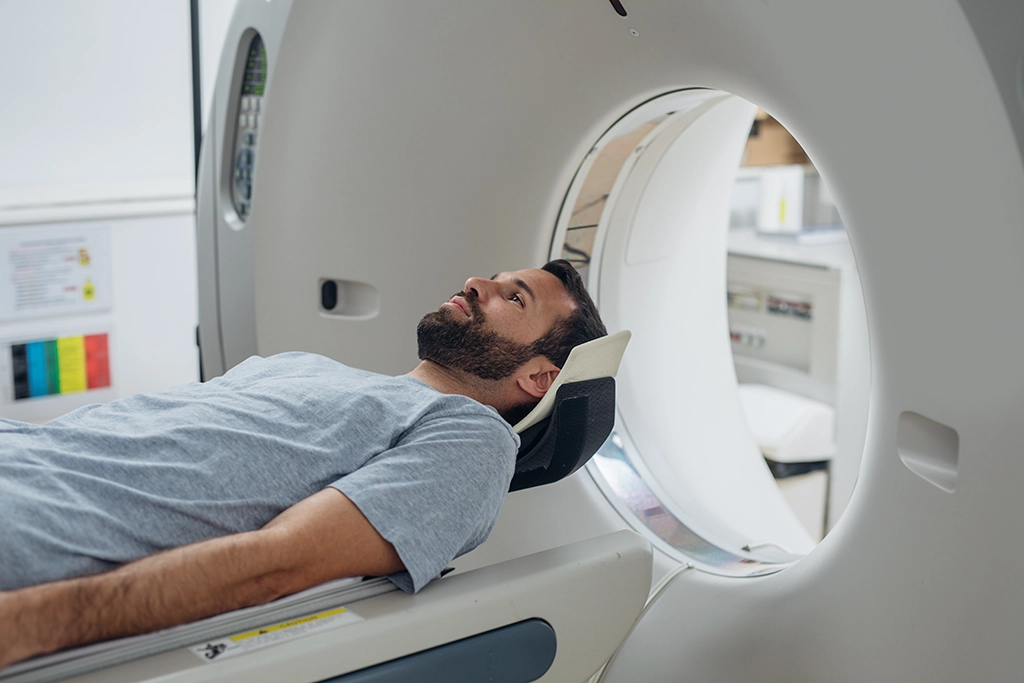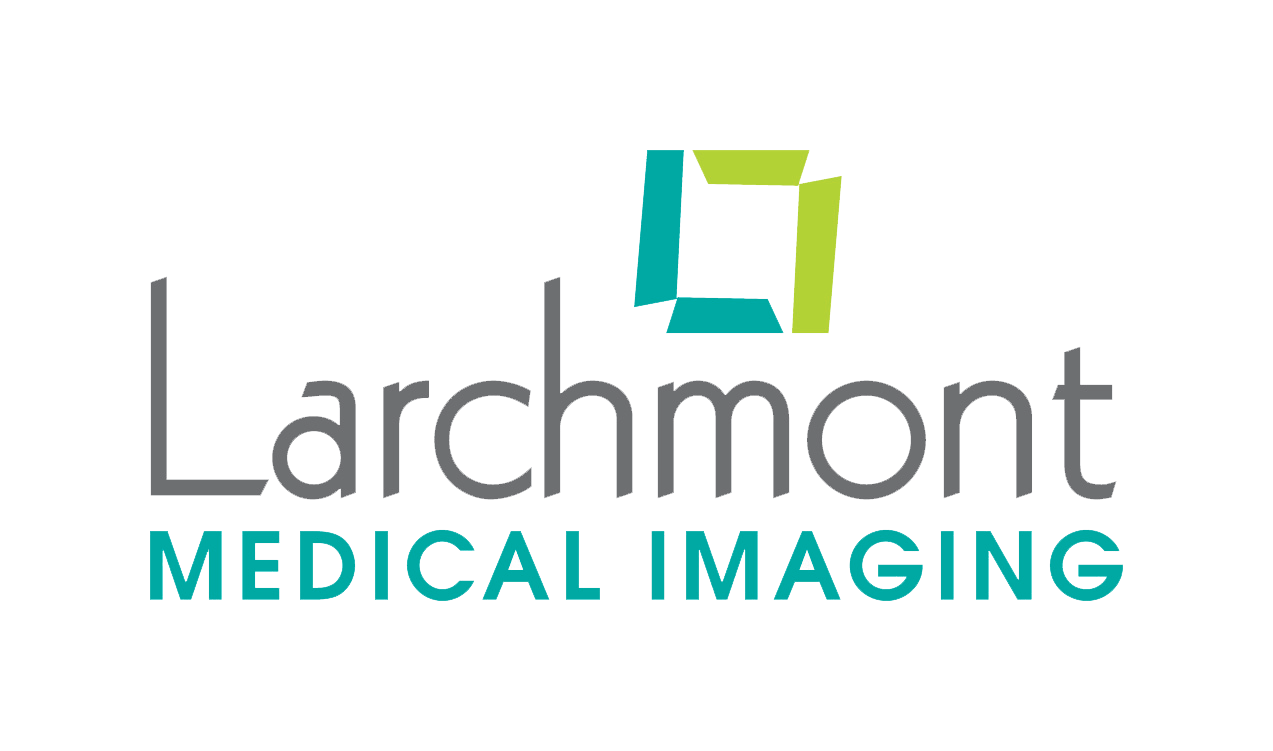What Does A CT Scan Detect?

CT scans, also known as computed tomography scans, have revolutionized medical imaging by providing detailed cross-sectional images of the body. They play an important role in diagnosing and monitoring various medical conditions. If you’ve been recommended a CT scan, you may be wondering what exactly it can detect. Let’s explore the capabilities of CT scans and shed light on the valuable information they can provide about your well-being.
What is a CT Scan?
A CT scan is a painless, non-invasive medical imaging procedure that uses a combination of X-rays and advanced computer technology to create detailed images of the body’s internal structures. It produces cross-sectional images, or slices, that allows doctors to visualize organs, tissues, bones, and blood vessels with remarkable clarity.
Detecting Abnormalities in the Head and Brain
CT scans are highly effective in detecting abnormalities in the head and brain. They can provide valuable insights into conditions such as traumatic brain injuries, strokes, tumors, and bleeding within the brain. By capturing detailed images of the skull, brain tissue, and blood vessels, CT scans help doctors identify and evaluate these conditions accurately. This enables prompt medical interventions and appropriate treatment plans tailored to each patient’s needs.
Identifying Cardiovascular Issues
CT scans are also instrumental in evaluating the cardiovascular system. They can detect blockages in the arteries, such as those caused by atherosclerosis, a condition characterized by the buildup of plaque. By visualizing the coronary arteries, CT scans aid in diagnosing coronary artery disease and determining the extent of blockages. Additionally, CT angiography, a specialized form of CT scan, can evaluate the blood vessels throughout the body, including those in the heart, lungs, and extremities. This helps in identifying aneurysms, blood clots, and other vascular abnormalities.
Assessing Abdominal and Pelvic Conditions
CT scans provide detailed imaging of the abdomen and pelvis, making them invaluable in detecting and evaluating various conditions. They can identify abnormalities in organs such as the liver, kidneys, pancreas, spleen, and gastrointestinal tract. CT scans are commonly used to diagnose and stage cancers in these areas, allowing for more targeted treatment plans. They can also detect infections, abscesses, cysts, and other abnormalities in the abdominal and pelvic regions.
Evaluating Musculoskeletal Disorders
CT scans play a crucial role in assessing musculoskeletal disorders. They provide detailed images of bones, joints, and soft tissues, aiding in the diagnosis and evaluation of fractures, arthritis, tumors, and degenerative conditions. By visualizing the extent of damage and the alignment of bones, CT scans help orthopedic specialists plan surgical interventions and guide rehabilitation programs.
How Do I Prepare For My Appointment?
Preparing for a CT scan is a simple process that involves a few important steps. Firstly, it’s crucial to communicate with your referring doctor and provide them with relevant information about your medical history, allergies, and medications. Depending on the type of CT scan, you may be required to fast for a specific period beforehand, particularly if contrast dye is involved. Make sure to follow the fasting instructions provided by your referring doctor. Additionally, it’s important to adhere to any medication instructions given to you. On the day of the scan, wear comfortable clothing without any metallic items, and remove jewelry and eyeglasses. If contrast dye is used, inform your referring doctor about any allergies you have. In some cases, drinking plenty of clear fluids before the scan can aid in the removal of the dye from your system. Lastly, carefully follow any additional instructions provided by your referring doctor. By following these preparation guidelines, you can ensure a smooth CT scan procedure and obtain accurate imaging results to assist in your diagnosis and treatment.
Where Should I Go For My CT Scan?
Larchmont Medical Imaging is your trusted medical imaging partner in the South Jersey and Philadelphia area. Across our four convenient locations, we offer CT imaging studies at costs up to 60% less than hospital-based imaging centers and are in-network with 99% of health insurance providers. With same-day and next-day appointment options with early morning and evening hours available, getting the compassionate care you need has never been easier.
To schedule your CT scan appointment, fill out our request an appointment form or reach out to any of the following locations below:
- Medford Office – Medford, NJ
- Mount Laurel Office – Mount Laurel, NJ
- Moorestown Office – Moorestown, NJ
- Willingboro Office – Willingboro, NJ
Meet our board-certified, subspecialized radiologists who read and interpret our studies at Larchmont Medical Imaging here.
Frequently Asked Questions
A CT scan, or computed tomography scan, is a painless and non-invasive medical imaging procedure that combines X-rays and advanced computer technology to create detailed cross-sectional images of the body’s internal structures. These images provide clear visualization of organs, tissues, bones, and blood vessels.
CT scans are highly effective in detecting abnormalities in the head and brain. They can provide valuable insights into conditions such as traumatic brain injuries, strokes, tumors, and bleeding within the brain. By capturing detailed images of the skull, brain tissue, and blood vessels, CT scans help doctors identify and evaluate these conditions accurately.
CT scans are instrumental in evaluating the cardiovascular system. They can detect blockages in the arteries caused by conditions like atherosclerosis. By visualizing the coronary arteries, CT scans aid in diagnosing coronary artery disease and determining the extent of blockages. CT angiography, a specialized form of CT scan, can evaluate blood vessels throughout the body, helping to identify aneurysms, blood clots, and other vascular abnormalities.
CT scans provide detailed imaging of the abdomen and pelvis, making them invaluable in detecting and evaluating various conditions. They can identify abnormalities in organs such as the liver, kidneys, pancreas, spleen, and gastrointestinal tract. CT scans are commonly used to diagnose and stage cancers in these areas, and detect infections, abscesses, cysts, and other abnormalities in the abdominal and pelvic regions.
CT scans play an important role in assessing musculoskeletal disorders. They provide detailed images of bones, joints, and soft tissues, aiding in the diagnosis and evaluation of fractures, arthritis, tumors, and degenerative conditions. By visualizing the extent of damage and the alignment of bones, CT scans help orthopedic specialists plan surgical interventions and guide rehabilitation programs.
Preparation for a CT scan involves several steps. It’s important to communicate with your referring doctor and provide relevant information about your medical history, allergies, and medications. Depending on the type of CT scan, fasting may be required, especially if contrast dye is involved. Follow the fasting instructions provided by your referring doctor and adhere to any medication instructions. On the day of the scan, wear comfortable clothing without metallic items, remove jewelry and eyeglasses, and inform your referring doctor about any contrast dye allergies. Follow any additional instructions provided by your doctor for a smooth CT scan procedure.
Larchmont Medical Imaging is a trusted medical imaging partner in the South Jersey and Philadelphia area. With four convenient locations, we offer CT imaging studies at costs up to 60% less than hospital-based imaging centers. We are in-network with 99% of health insurance providers and provide same-day and next-day appointment options with early morning and evening hours available. Schedule your CT scan appointment by filling out the request an appointment form or contacting any of the following locations:
